Panel interviews may be trending, but they are not necessarily popular with job candidates. Often intimidating, two or more panelists usually quiz one candidate. Each panelist may represent different levels within the organization — human resources, the executive suite, a peer group.
There are no rules or set formats, but expect a brisk pace, questions asked in succession, cross-talk, follow-ups and even disagreement among the interviewers. With guidance and preparation, any qualified candidate should handle this scenario with composure.
Why Do Employers Use Panel Interviews?
In many cases, companies want to see how you perform under pressure or in a setting that mimics the challenges of the job. For a sales manager position, for instance, you may be dealing with multiple stakeholders at a prospect company, and a panel interview can replicate the pressure of this scenario. Or maybe the company simply wants to expedite the hiring process, and getting all decision-makers in the room at once reduces the time to hire. Whatever the reason, the company is investing considerable resources in making the right decision, and that is a compliment to the candidates.
Preparing for a panel interview requires more work than for a standard interview. Half a dozen tips could elevate your panel game above that of your anxiety-ridden competitors.
Before the Interview
The panel interview tests your preparedness and resourcefulness. Assuming you know who will be conducting the interview, do your homework — check their job titles, functions and work histories on LinkedIn, determine how they work together, and prepare questions that reflect your interest in the organizational dynamics and their unique roles.
Print out your résumé to give to the panelists, and be sure to print one for yourself.
During the Interview
Introduce yourself. Be proactive by shaking hands with the panelists, addressing each by name, if possible. This is an opportunity to showcase your poise and leadership qualities in a group setting and to set a positive tone.
Make eye contact. As you answer questions, make eye contact with the person asking the question, as well as with the other participants. Eye contact demonstrates interest and confidence. Be cognizant of the individual responses, including body language. Some interviewers will react more positively than others, giving you an opportunity to further engage.
Having multiple interviewers increases the odds that you will be asked typical job interview questions, so use this to your advantage. Brush up on your answers to questions like “Tell me about yourself” and “What is your biggest weakness?”
Evenly distribute your attention. Show that you are connecting with each panelist by sharing your focus. This helps maintain a light, conversational feel to the interview and diminishes the possibility of a stiff Q&A session. As the conversation progresses, acknowledge prior comments to show that you listen carefully and think well under pressure. Ask questions, too, and be sure to take in as much information as you give.
Expect redundancy. The panelists may have created their questions independently, or they may deliberately ask different versions of the same question. They may even be testing your honesty. Use different phrasing and build on prior answers.
Collect business cards. Don’t leave the room without contact information for each panelist.
After the Interview
Within 24 hours, write each panelist a thank-you. Personalize it and capture some of the highlights of your exchanges with each individual. If possible, mention an agreement between the recipient and another panelist, as this can facilitate a discussion between the two about your candidacy.
Preparedness is the key to success. Following these simple steps will make you one of the most confident candidates heading into the panel interview process.
Learn more about the UNC online MBA program.
Sources:
The Balance: How to Have a Successful Panel Interview
The Balance: Panel Interview Questions, Answers, and Tips
Glassdoor: 9 Things to Never Do in a Panel Interview
